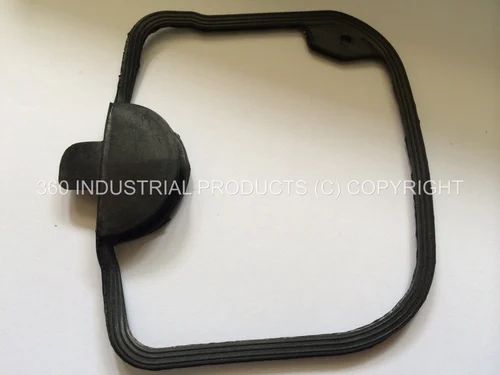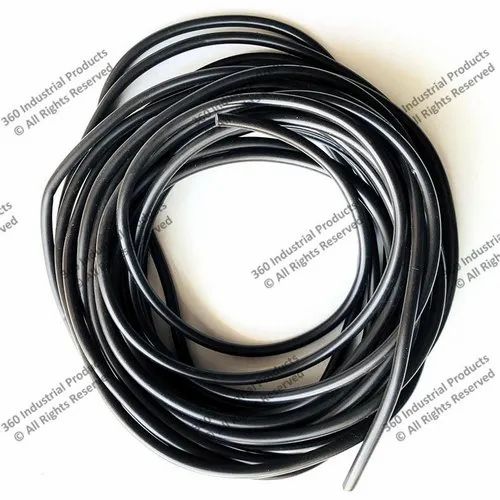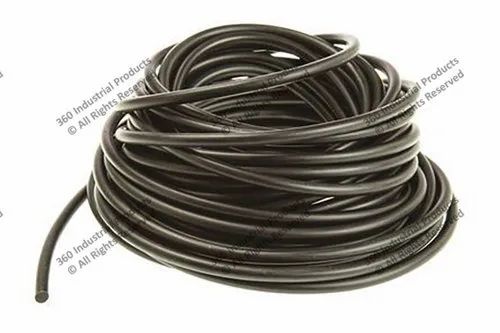Product Description:
Gaskets and seals are an integral part of industrial machines. Without effective gaskets and seals, high-pressure systems are impossible to achieve. Selecting the right material for industrial system gaskets is both an art and a science – there are trade-offs to consider and make between variables such as softness versus hardness, resilience versus stiffness, high temperature versus low temperature, and performance versus cost.
At 360 Industrial Products, we offer gaskets for industrial systems that are manufactured from a variety of materials. Some of the more popular materials and their advantages are discussed below.
Nitrile Rubber Gaskets:
Gaskets made from nitrile (Buna N) rubber are used widely. Nitrile rubber gaskets perform well in many industry. These gaskets have excellent resistance to oil, have a practical temperature service range, resistance to oxidation and aging, and generally cost less than gaskets made from more advanced elastomers.
Fluoroelastomers (Viton) Gaskets:
Viton is also known as fluoroelastomer (FKM) . It is often used to fabricate gaskets for applications where high reliability is desired, Viton possesses good heat resistance characteristics. And is impervious to attack by many chemicals. While gaskets made from Viton may be more expensive than those made from some other materials, the higher initial cost is often more than offset by the longer gasket life cycle.
PTFE Gaskets:
PTFE gaskets are widely used in hydraulic systems as well as in pumps, valves, and flanged joints in piping and transfer equipment. These gaskets have a very low coefficient of friction, low creep, and an ability to service a wide range of operating temperatures, from -400°F to 500°F. A key advantage of PTFE gasket material is that is among the most chemically resistant materials known. The ability to resist chemical attack makes PTFE gaskets an excellent choice for many systems applications.
Polyurethane Gaskets:
Polyurethane gaskets combine the advantages of rubber and plastic. These gaskets resist abrasion and combine hardness with resiliency and excellent dynamic load-bearing capacity. Because they combine plasticizers with rubber, these gaskets tend to out-wear most standard rubber gaskets when place in power systems.
EPDM Gaskets:
EPDM is an acronym for the ethylene-propylene-diene monomer. Ethylene and propylene are hydrocarbons and gases at room temperature, yet combine to make solid polymers like polyethylene and polypropylene. By adjusting the proportions and controlling the polymerization process it’s possible to create long molecular chains with more rubbery properties. That’s EPDM.
Sometimes referred to just as EPM, EPDM is a very stable material that resists heat, oxidation, and the aging effects of ultraviolet light.
Silicone Gaskets:
Silicone is soft and elastic, which makes it a good choice in many gasket applications. Silicon and silicone are closely related. Silicon is a naturally-occurring element while silicone is a polymer that combines silicon atoms with those of oxygen and the H3C hydrocarbon compound.
??? Low toxicity, making it useful for food and medical applications
??? Resists degradation by ultraviolet light (sunlight)
??? Low electrical conductivity
??? Repels water
??? Ozone resistant
??? Retains its flexibility over a temperature range of -94 to +392°F
 View All
View All











